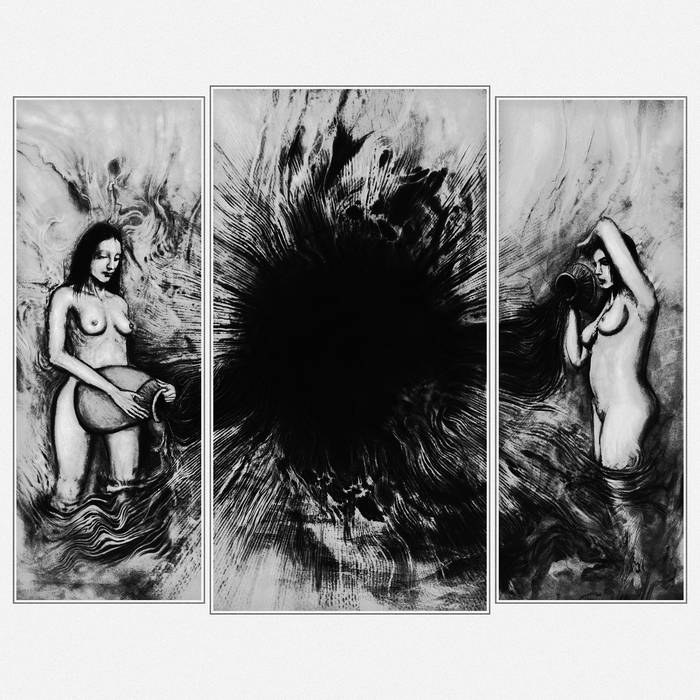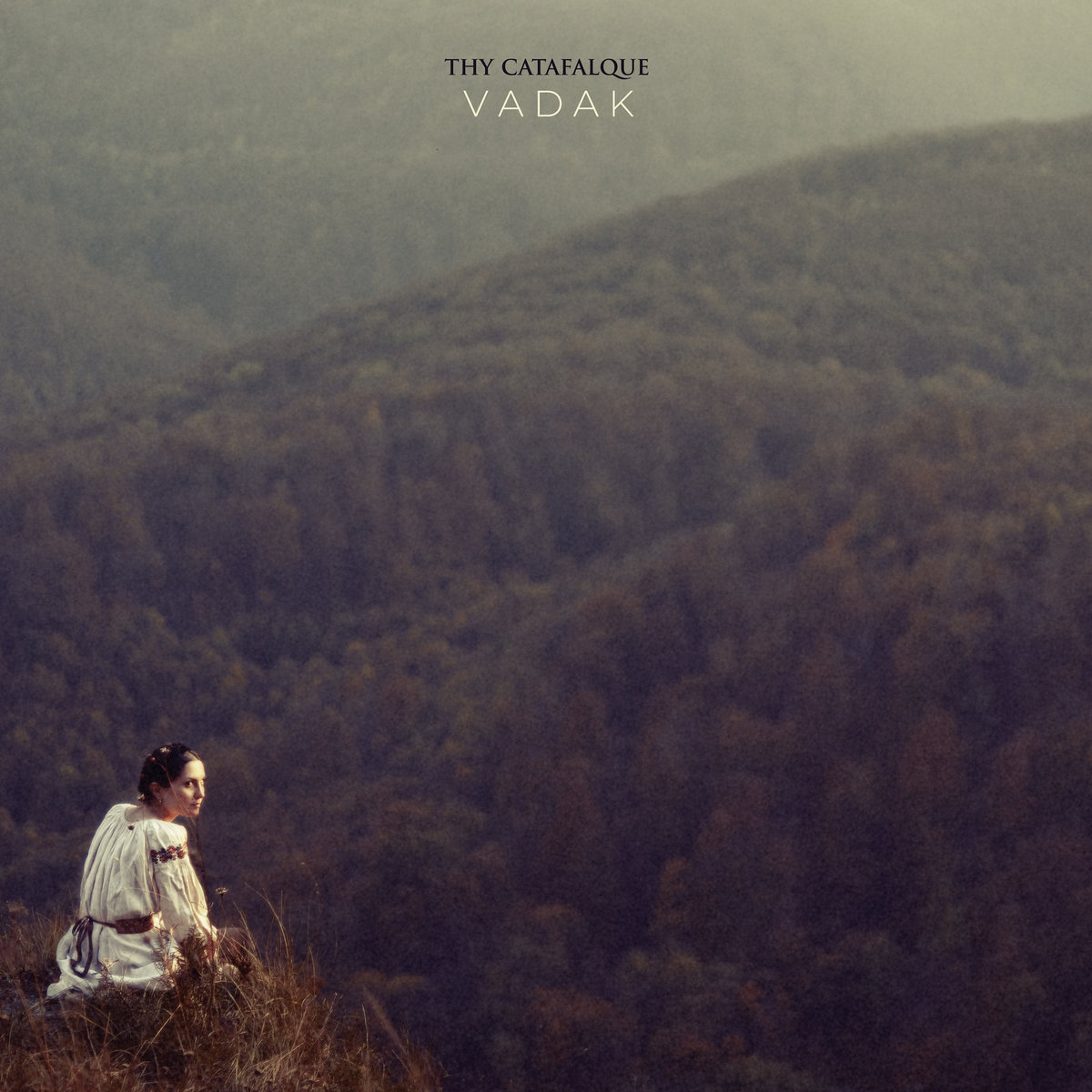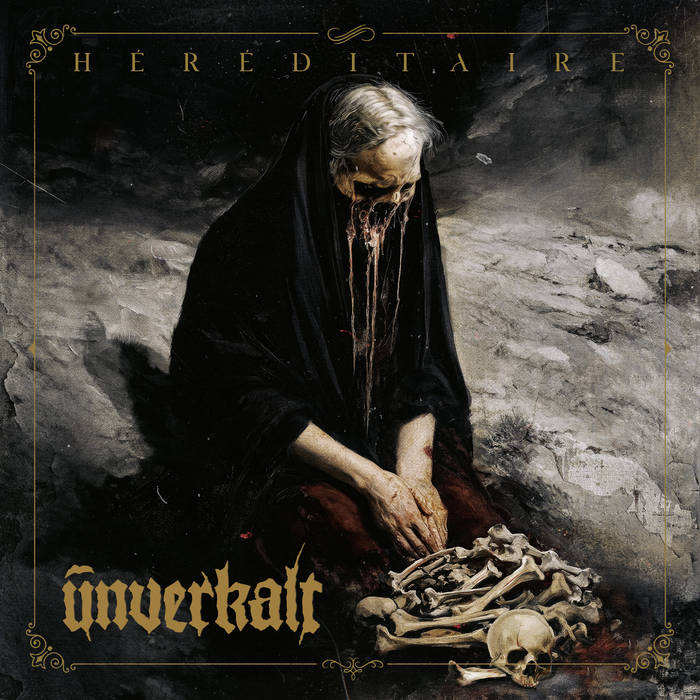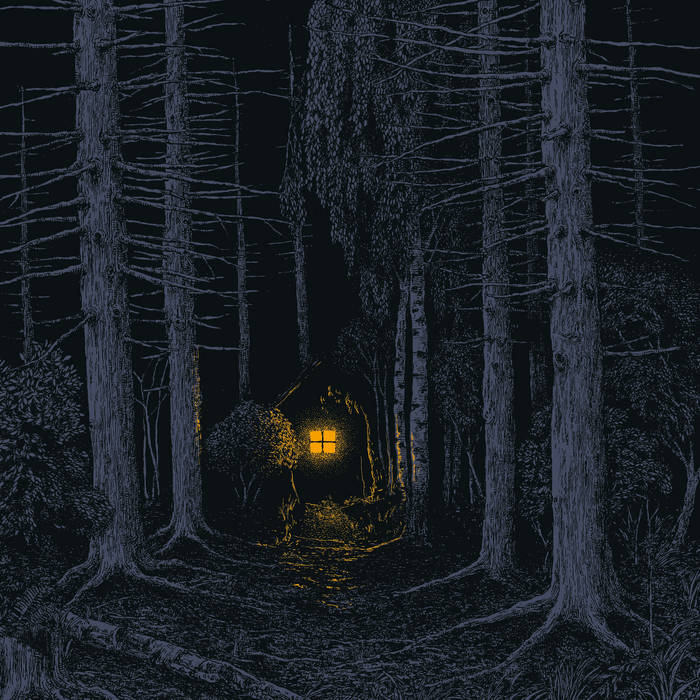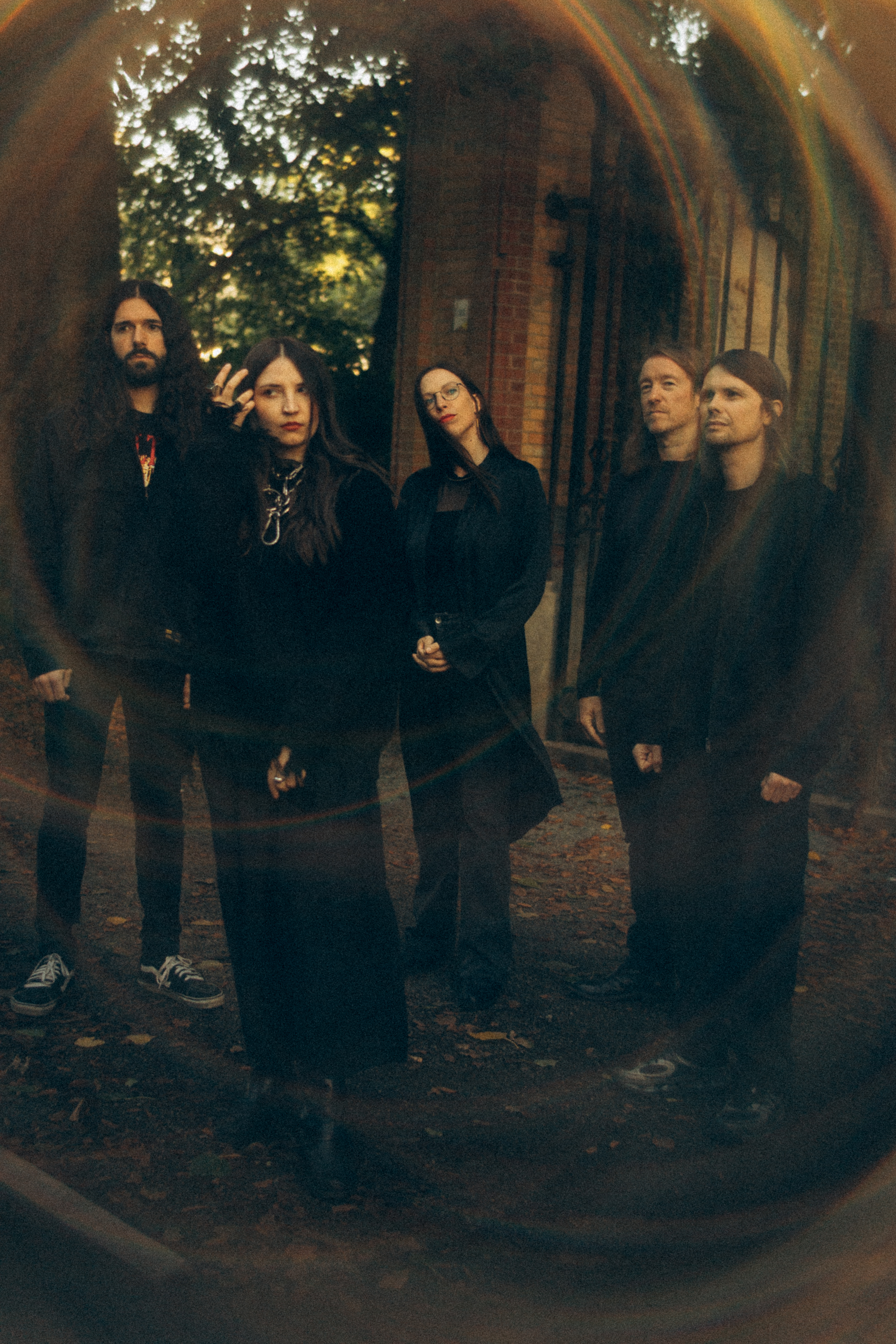In Iceland, the land of fire and ice, the Black Metal band Mannveira has been prowling in the shadows for a decade since its inception. They released an EP in 2014 and a split with Ellorsith in 2016. With Vitahringur, their first full length, they throw their shape onto the black volcanic landscape of Iceland. They bring their nihilistic, often atonal music roaring to the scene. They do not bring light, they bring more darkness, they throw the anguish of their black metal music at us.
”There is beauty everywhere; even in the dark, there is light, and that is the rarest kind of all.”, wrote Catherine Doyle in her book Vendetta. This quote is an adequate description of the mood that surrounds this album. Between the utter darkness of this album, there is some glistening, like moonlight on dark rolling seas. This kind of Black Metal music can easily be too muffled and too lo-fi if the mastering and mixing is not done right. On this album, both are masterfully done and that makes the sound on the album distinct thus achieving what the band set out for.
The first track ”Ópin rjúfa þögnina” (“Openings Break the Silence”) instantly yanks you into the darkness as the first notes hits your eardrums. There are heavy riffs, steadfast hard drums, chiming cymbals and bass supporting the desperate vocals that linger between screaming and growling. But what might be the most recognizable, and disturbing, is the always present cacophony of a dissonant lead guitar behind the heavy riffs.
The dark droning of a synth with dark voices shouting in the background initiate the dark rituals of the next track, ”Í köldum faðmi” (“In a Cold Embrace”). It is the longest track of the album and allows the music to breathe and develop. The hard black guitar riffs take a fast route to establish the drive of the song, playing a bit atonal. A solo guitar scurries in between the riffs, cymbals, bass and steadfast pacing drums. On this track, the solo guitar lights up the tension between the misery and antagonism that is consistent throughout the album. Towards the end, the dissonant guitar is back, bringing the cold embrace to a desolate ending with jarring ambiance.
The first riffs of the third track, ”Vítahringur” (“A Vicious Circle”), might promise a lighter approach to the music, but the dissonant guitar in the background holds back its progression. Then there is a shift of tempo and the pace sets up fast, drums hitting in almost blast beats, riffs and bass following and the screaming, desperate vocals try to keep up in the circle the whole music swirls in. It is masterfully done. It is almost as if you hold your breath and hope they will break out of this vicious circle. But, of course, they do not – even if the music relaxes into melodic riffs and the guitar plays along the melody, even in tremolo mode. There might be a ray of hope after the droning the music ends with, but the hope is distant.
The title of the next track ”Framtíðin myrt” (“The future is murdered”) does not give much hope. They are living up to their band name as Mannveira means “human virus”. Accordingly the humans are destroying the earth and have murdered the future. But, surprisingly, this track might be the least dark of the tracks on the album. The magnificent solo guitar eventually puts behind the dissonant style and comes out in tremolos soaring over the dark riffs, the steadfast drums and chiming cymbals before it all ends in dark droning thunder.
”Kverkatak eilífra martraða” (“Eternal Strangling Nightmares”) closes the album, the cacophonous dissonance always present. As the music trudges forward it picks up pace and towards the end it is slowing down, the heavy music kind of lightening the drenched ambiance of the album to reflect on its own existence. The solo guitar swirls slowly behind the volcanic smog of the heavy soundscape before it all ends in cold sweat, like overlooking a volcanic landscape immersed in ice.
To make an album like this, with so much dissonance, so much darkness and misanthropy, and still be able to enrapture the listener with its soundscape is impressive. But that is what well-crafted Black Metal does, again and again. The album was recorded in 2018 and 2019 and released almost a couple of years later, when we are beginning to gasping for freedom after the pandemic. The concepts of this album just make a perfect soundtrack for what the whole world has been through the last year and a half. They could not know that when they recorded it, but now we know what a virus can do to the world, it being mannveira or not.

